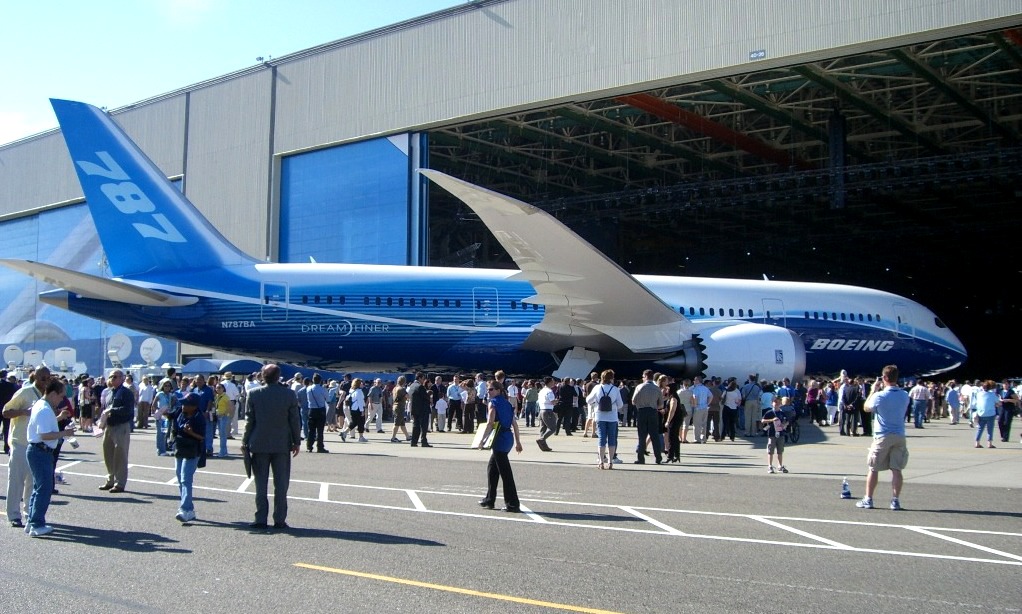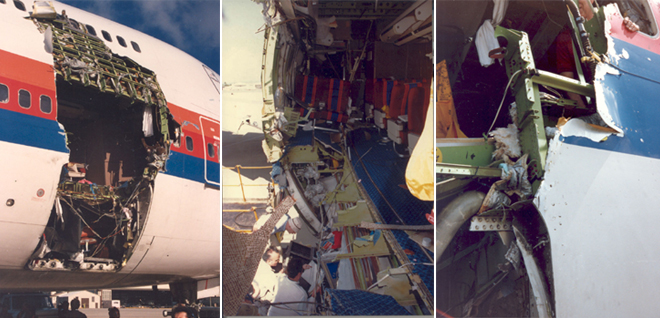
Boeing is the biggest aerospace corporation in the world and a top producer of defense, space, and security technologies as well as commercial jetliners. Its products include satellites, innovative communication systems, and both military and commercial aircraft. However, it has been all over the news that many of Boeing’s planes have been crashing, costing hundreds of people their lives. Many of the recent accidents have been due to faulty manufacturing and construction. A series of planes under the 737 MAX have been very accident-prone and flagged down due to safety concerns. In 2018, Lion Air Flight 610 crashed minutes after takeoff, killing all 189 people aboard. In 2019, Ethiopian Airlines Flight 302 crashed shortly after takeoff, killing all 157 on board. Investigations revealed flaws in the Maneuvering Characteristics Augmentation System (MCAS), an automated stall-prevention system that kept forcing the aircraft’s nose down. The software relied on a single faulty sensor, and Boeing had not properly trained pilots on its operation. The 737 MAX was then grounded for 20 months. Even after this, Boeing’s other planes had difficulty receiving safety certifications and were noted to have safety concerns. Most recently, a brand-new 737 MAX 9 operated by Alaska Airlines in January 2024 experienced an explosive door plug blowout at 16,000 feet. No one had died, but concerns over Boeing’s plane safety increased. The FAA grounded MAX 9s and ordered inspections, which uncovered loose bolts and assembly lapses on multiple jets.

Critics said that Boeing’s prioritization of cost-cutting and shareholder value had been the reason for these incidents. Though the conspiracies did not lie in what happened to the quality of the planes but in what happened to whistleblowers who called attention to Boeing’s neglect time and time again. Whistleblowers are individuals who raise awareness of an issue, and famously, two Boeing whistleblowers were found dead in 2024, three months apart. John Barnett and Joshua Dean were not the only two, with 32 other whistleblowers echoing their concerns, but those two did tragically lose their lives.
John Barnett was a former Boeing quality control manager who spent 32 years with Boeing, raising alarms about safety issues such as metal shavings near flight control wiring and malfunctioning oxygen systems on the 787 Dreamliner. In March 2024, Barnett was found dead from a self-inflicted gunshot wound in Charleston, South Carolina, shortly before a scheduled deposition in his whistleblower case. He left a note stating, "I can't do this any longer" and "I pray Boeing pays." While the Charleston County coroner ruled his death a suicide, his family and attorney disputed this conclusion, citing his prior statements expressing fear for his life and his positive mental state leading up to his death. A friend of Barnett’s had visited him before his deposition, in which, when asked if he was scared of Boeing’s retaliation, he said, “'No, I ain't scared, but if anything happens to me, it's not suicide.'” This statesman bears significant contrast with his cause of death, undoubtedly turning heads.
Not long after, in May of 2024, Joshua Dean was a quality auditor at Spirit AeroSystems, a major supplier for Boeing in 2019 and then again in 2021. In October 2022, Dean discovered improperly drilled holes in the aft pressure bulkhead, a component important for maintaining cabin pressure, as well as a defect related to tail fin fittings in April of 2023. In regard to the infamous plane whose door flew off in 2024, Dean had earlier flagged defects in Spirit’s manufacturing and had raised concerns that quality issues were being glossed over. He was fired in April of 2023, deeming it a retaliation method from Boeing. Joshua then became sick in April of 2024 before dying in May. Though his illness may be coincidental, his death brought to light how Boeing was purposefully ignoring safety concerns to cut corners and holding negative repercussions over the heads of concerned employees speaking out. It is still unknown how malicious Boeing’s intentions are in regard to their silence on their unsafe aircrafts and retaliatory behavior against whistleblowers, but what is clear is that there is a systemic problem the company refuses to acknowledge.